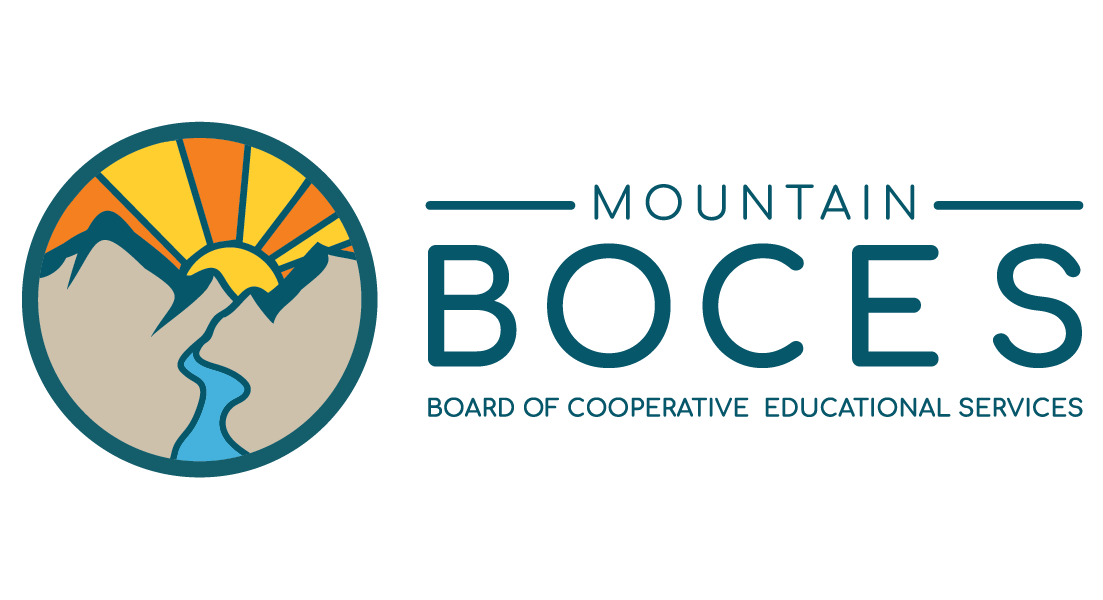Dispute Resolution
The Mountain BOCES is committed to partnering with families in the communities we serve!
Dispute Resolution Options
If you have concerns regarding your child's education, you have options! We always recommend first trying to resolve conflict through the school team. This would include expressing concerns to your child's special education case manager/primary provider. You may also reach out to the principal of the school.
If you are unable to resolve conflict at the school level, contact the BOCES - We can help walk you through your options.
Special Education Coordinators:
- Lanea Drawbridge, Buena Vista: ldrawbridge@mtnboces.org
- Marcia Cates, Lake County: mcates@mtnboces.org
- Barbara Alward, Park County: balward@mtnboces.org
- Heather McFadden, Salida: hmcfadden@mtnboces.org
Special Education Assistant Director:
- LaRee Bearss: lbearss@mtnboces.org
Executive Director/Special Education Director:
- Susan Udenberg: sudenberg@mtnboces.org
Alternative Dispute Resolution:
Get an Advocate: Parents are allowed to bring an advocate to any meetings related to special education. Advocates will work on behalf of you and your child. They understand the law and the education system and can help families navigate these sometimes complicated systems.
BOCES can provide parents with contacts for advocacy services that will work on behalf of your child.
- Arc of Colorado: https://thearcofco.org/
IEP Facilitation: Trained neutral facilitators will speak with the school and family separately, develop an agenda with group norms, and facilitate a meeting together with the disagreeing parties. They will chart the discussion and help the team come to a consensus. They DO NOT impose their beliefs or make final determinations. They simply use conflict resolution skills to help get the team to mutual agreements.
- CDE Handout - IEP Facilitation
- IEP Facilitation can be requested through the Special Education Director: Susan Udenberg
Formal Dispute Resolution:
- CDE Handout - Dispute Resolution Options
Mediation - An impartial Mediator is assigned to assist the parties in resolving their dispute. The Mediator helps the parties to express their views and positions but remains neutral and does not take the side of either party.To be enforceable, any agreements reached must be reduced to a written settlement agreement and signed by both parties during the mediation. As to unresolved disputes, a party may file a state and/or due process complaint.
State Complaint - A formal dispute resolution process for any alleged IDEA or ECEA violation that occurred not more than one year prior. A party files a state complaint and documentation. The other party then files a response. The complaining party can then file a reply to the response. The assigned SCO conducts an investigation, including interviews and review of the relevant documentation. A written decision is issued within 60 calendar days after a properly filed complaint was received by the SCO and the AU. The SCO issues a written decision. If the SCO determines that IDEA violations require remedies, the SCO enters orders that the AU must follow to correct the violations, including, but not limited to, a corrective action plan, compensatory services, reconvening of the IEP meeting, etc. If the SCO determines that no IDEA violations occurred, no remedies are ordered.
Due Process - A party files a due process complaint with documentation. An Administrative Law Judge (ALJ) is assigned. The Administrative Unit (BOCES) must conduct a resolution meeting. Any unresolved issues are heard by the ALJ. At the hearing, each party presents evidence, gives testimony and cross examines witnesses. The ALJ issues a written decision. If the ALJ determines that IDEA violations require remedies, the ALJ enters orders that must be taken to correct the violations, including, but not limited to, compensatory services, reconvening of the IEP meeting, etc. If the ALJ determines that no IDEA violations occurred, no remedies are ordered.
